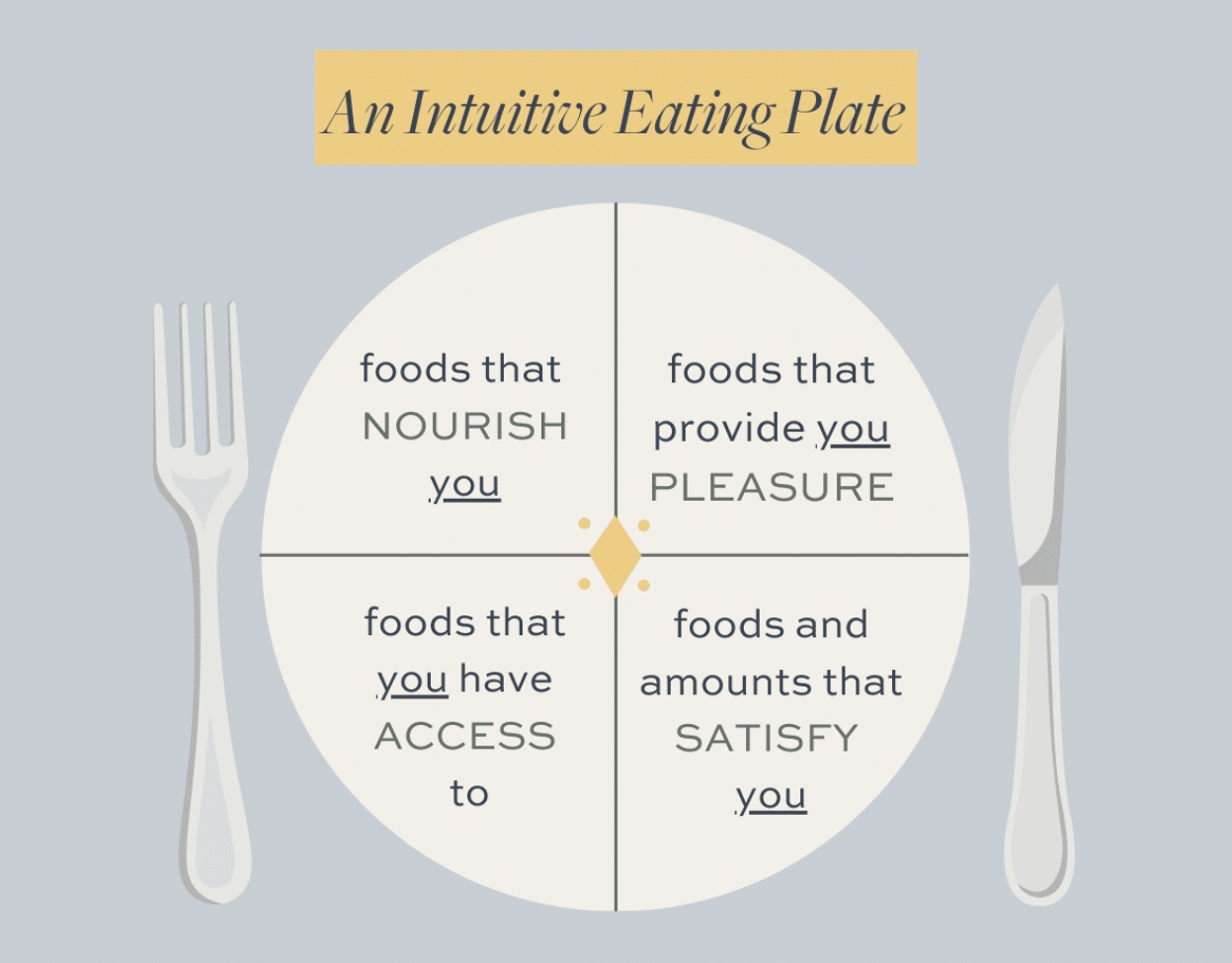Is Intermittent Fasting Right for You?
Fasting has so much great science behind it for health and longevity but there are always drawbacks. Intermittent fasting (IF) is diet pattern that alternates between periods of fasting and eating. It doesn’t prescribe specific food, but rather focuses on when you should eat them. The primary objective is to allow the body to enter a fasted state, which can lead to various health benefits. Here are some pro’s and cons of IF:
Pros:
1. Weight Loss and Fat Loss
- Effective Caloric Reduction: Intermittent fasting often leads to a natural reduction in calorie intake since it limits the eating window, making it easier to create a caloric deficit necessary for weight loss.
- Enhanced Fat Burning: Fasting periods help lower insulin levels and increase norepinephrine production, which promotes fat burning and can lead to significant fat loss over time.
2. Metabolic Health Improvements
- Improved Insulin Sensitivity: Regular fasting periods can enhance insulin sensitivity, reducing the risk of type 2 diabetes and helping to stabilize blood sugar levels.
- Cellular Repair and Autophagy: Fasting triggers autophagy, a process that helps remove damaged cells and supports cellular repair, contributing to overall metabolic health and longevity.
3. Simplicity and Flexibility
- Ease of Implementation: Intermittent fasting is straightforward and doesn’t require special foods or complex meal planning, making it easy to adopt and stick with.
- Adaptable Schedule: Various intermittent fasting methods allow for flexibility, enabling individuals to choose an eating and fasting schedule that fits their lifestyle and preferences.
Cons:
1. Potential for Overeating and Poor Nutrition
- Risk of Overeating: During eating windows, especially if one has been fasting for a long period, there is a risk of overeating or making poor food choices, which can negate the benefits of fasting.
- Nutrient Deficiency: If not carefully planned, intermittent fasting can lead to inadequate intake of essential nutrients, vitamins, and minerals, potentially compromising overall health.
2. Negative Impact on Social and Daily Life
- Social Challenges: Fasting schedules can interfere with social events, family meals, and other situations where food is a central component, making it socially challenging for some people.
- Daily Routine Disruption: Adapting to a fasting schedule might disrupt daily routines, particularly for those with demanding jobs, irregular schedules, or responsibilities that make it difficult to adhere to strict eating windows.
3. Possible Health Risks
- Disordered Eating Patterns: For some individuals, intermittent fasting can trigger or exacerbate disordered eating behaviors, such as binge eating or an unhealthy preoccupation with food and fasting.
- Not Suitable for Everyone: Intermittent fasting may not be appropriate for certain groups, including pregnant or breastfeeding women, individuals with a history of eating disorders, people with certain medical conditions, and those requiring regular meal timing for medications or blood sugar management.
Intermittent fasting can be a beneficial approach to weight loss and metabolic health due to its simplicity, flexibility, and effectiveness in reducing caloric intake and improving insulin sensitivity. Remember, if it’s not sustainable for you, it may not be best but if it fits into your life style then it could be amazing!




